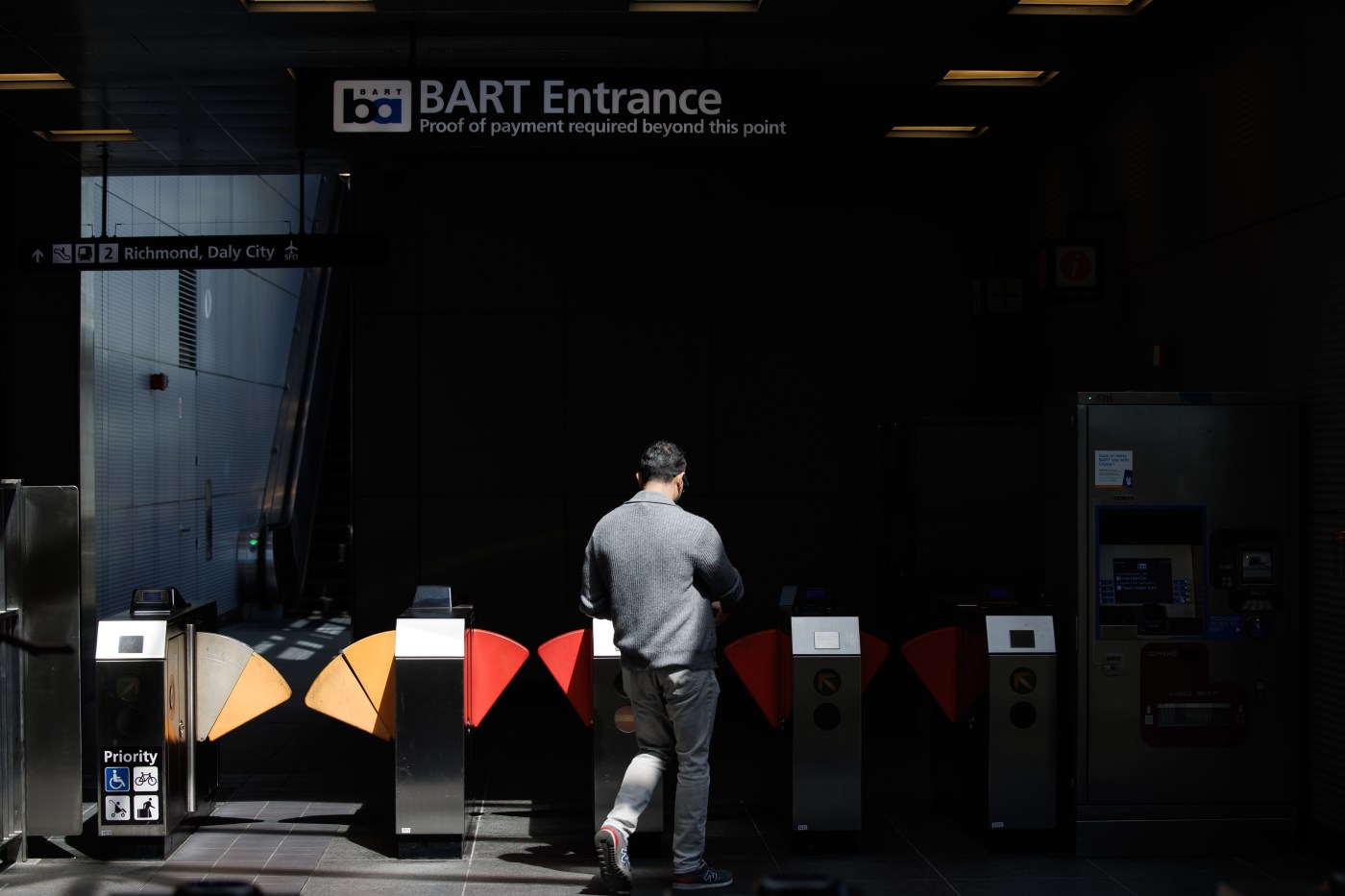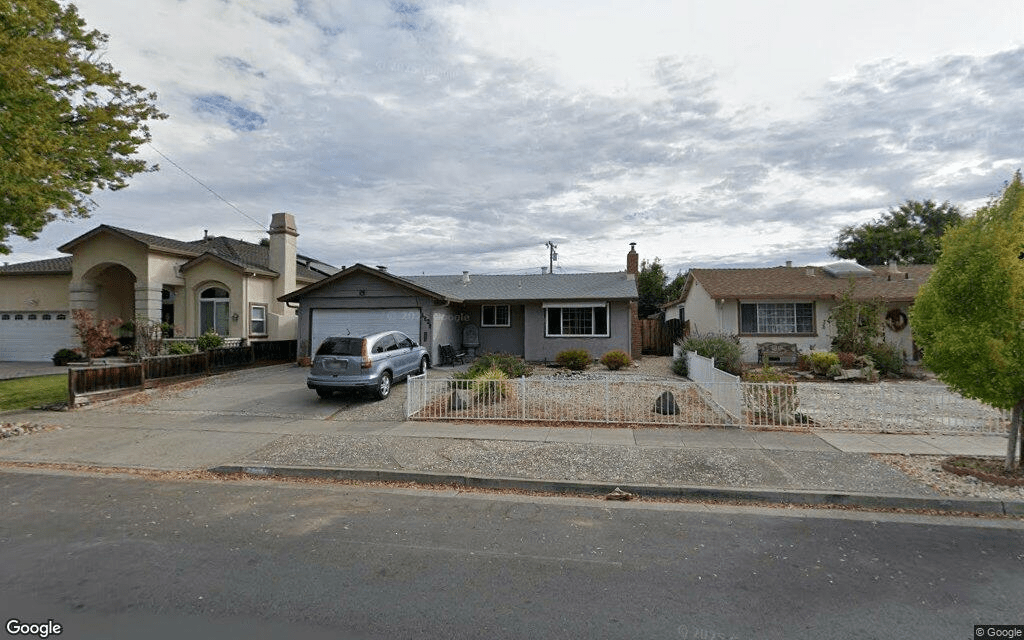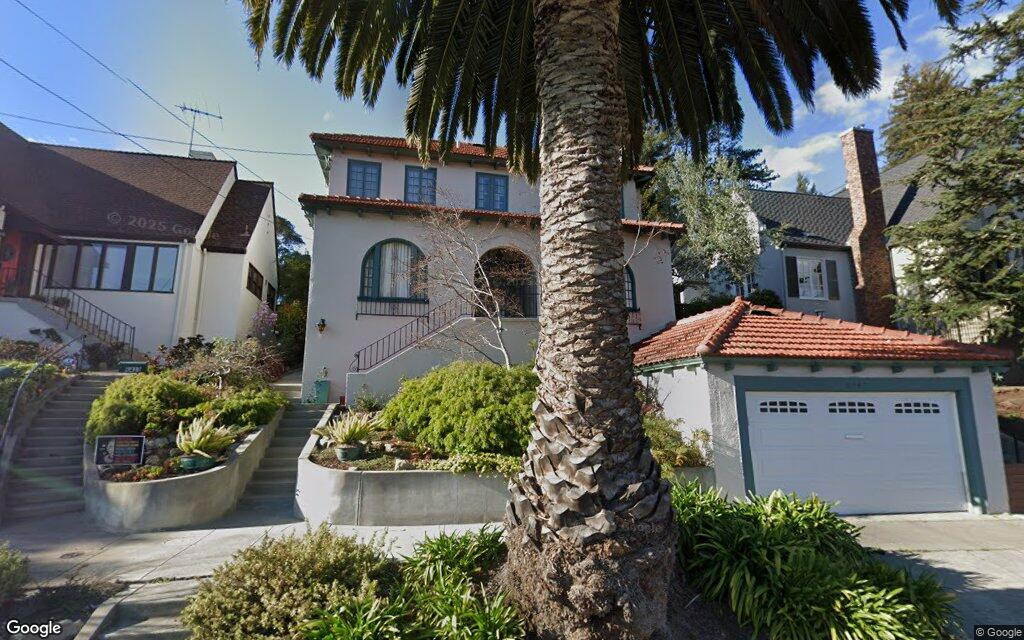A sales tax increase to fund the Bay Area’s struggling transit systems appears to be headed to the ballot in November 2026.
The California Legislature up against its deadline to pass bills last Friday approved SB 63, which allows a ballot measure to move forward, ending a multiyear political debate over how to make up for pandemic revenue loss across systems like BART, Muni, and Caltrain — and who should pay for it. Gov. Gavin Newsom is expected to sign the bill by the Oct. 12 deadline.
“Keeping our trains and buses running frequently and reliably is essential for the future of the Bay Area,” said Sen. Scott Wiener, a San Francisco Democrat who authored the bill and stressed that the measure is critical to ensuring the Bay Area’s transit systems don’t go off a “fiscal cliff.”
Since ridership plummeted during the pandemic, the Bay Area’s transit systems have been reliant on emergency funding to help them close their yearly budget deficits.
The Legislature has spent three years working on a plan for a long-term funding measure, but negotiations stalled last year against opposition from a number of groups. Business groups like the Bay Area Council pushed for the sales tax, saying they would fight the measure if it ended up a payroll or gross receipts tax, which labor unions and some climate groups were pushing for.
The sales tax, they argue, will have a disproportionate impact on low-income residents already burdened with increased transit fares.
Local government leaders have also wanted assurances that dollars raised in their counties would end up spent on transit systems there.
As negotiations proceeded, the Legislature relied on the state to pass additional emergency funding, including $5.1 billion passed in the 2023 budget that provided assistance to transit over four years, plus an additional loan still being negotiated over by the governor and Legislature that could be worth up to $750 million that keeps transit systems funded until the sales tax would go into effect in 2027.
SB 63, if it is signed by the governor, would create a special district made up of San Francisco, San Mateo, Santa Clara, Alameda and Contra Costa counties, to be governed by the Metropolitan Transportation Commission, the Bay Area’s regional planning body. A sales tax — which would be a full percent in San Francisco and a half-percent in the other counties — could be placed on the ballot either through an action of the commission or through a qualified citizens’ initiative. The bill’s sponsors are hoping to take the latter route, as it would require a simple majority to pass, versus a two-thirds vote if placed on the ballot by MTC.
The tax is expected to raise up to $1 billion annually over the next 14 years.
Polling has shown that 54% of voters across Alameda, Contra Costa, San Francisco and San Mateo counties would vote yes on a half-cent sales tax. The poll did not ask about a full-percent tax.
Should voters approve the measure, it would leave certain cities in the Bay Area paying sales tax rates of 11.25% — bringing the sales tax to the highest rate in the state, which is currently only paid by two other cities, Lancaster and Palmdale, in Southern California.
Contra Costa, Alameda and San Francisco already pay a half-cent sales tax to support BART, as well as property taxes.
Bay Area legislators and advocates say that the proposed new tax is essential to ensuring that transit can continue to operate, and that in some cases, deficits are too large to solve through cuts alone. Without additional revenue, BART has said that it could be forced to run trains every 60 minutes instead of every 20 minutes, and that Muni could see no regular service after 9 p.m.
But the measure had its share of opponents — some of whom believe that the transit agencies should have already begun reducing costs and rightsizing their systems to reflect the post-pandemic shift to remote work and reduced commuting.
A few elected officials in San Mateo County also argued that their constituents would shoulder an outsized share of the burden without enough oversight into how the money is spent.
“This bill misses our opportunity to put our foot down with those driving us right off the fiscal cliff,” said Asm. Diane Papan, a San Mateo Democrat who opposed the measure.
The final vote on the measure was 46-20 in the Assembly, with 14 abstaining — including Asm. Alex Lee, a San Jose Democrat. In the Senate, the final vote was 29-8.
The final bill does include a few of “accountability” provisions. It would, for example, require a “financial efficiency review” of AC Transit, BART, Caltrain and Muni that would examine cost-saving measures the agencies can implement ahead of the sales tax going into effect. The review would also direct the agencies to determine whether any of their properties — including land they own around stations — could be redeveloped for housing or mixed-used projects.
“This is much more intensive than other revenue measures — it’s quite significant,” said Janice Li, a BART director representing San Francisco. “But we welcome it. We’re ready for it and we’ll comply with it … I’m really proud of the accountability and oversight improvement that BART has made already in recent years.”





